About
The Project Blue-Paths – Addressing Sustainability Transition Pathways in the Blue Economy is funded by the European Commission (Grant Agreement: 101062188) under the HORIZON – Marie Skłodowska-Curie Actions 2021 of the Horizon Europe program. The fellowship will be carried out at the University of Girona (UdG, Spain) in the Landscape Analysis & Management Group, Department of Geography. The secondment will take place at the National Research Council – Institute of Marine Sciences (CNR-ISMAR).
Aims
Blue-Paths aims to foster sustainable use of the marine socio-ecological systems (SES) through the development of an innovative Sustainable Transition Framework (STF), that will investigate the pathways of pervasive ocean technologies (OTs) transformations in the most important sectors of the Blue Economy: namely Ocean Renewable Energy (ORE) Systems, coastal tourism, shipping, fishery & aquaculture, nature protection, deep sea mining. The STF has a flexible design and will enable to incorporate new OTs as they emerge during the study.
The STF will be tested in the Spanish sea space according to the planning demarcations defined by the POEM (Plano de Ordenacion de Espacio Maritimo), which includes the Levantine-Balearic, the Estrecho y Alborean, The South Atlantic, The North Atlantic and the Canary Islands.
The technical Workpackages (WP) of Blue-Paths are as follows:
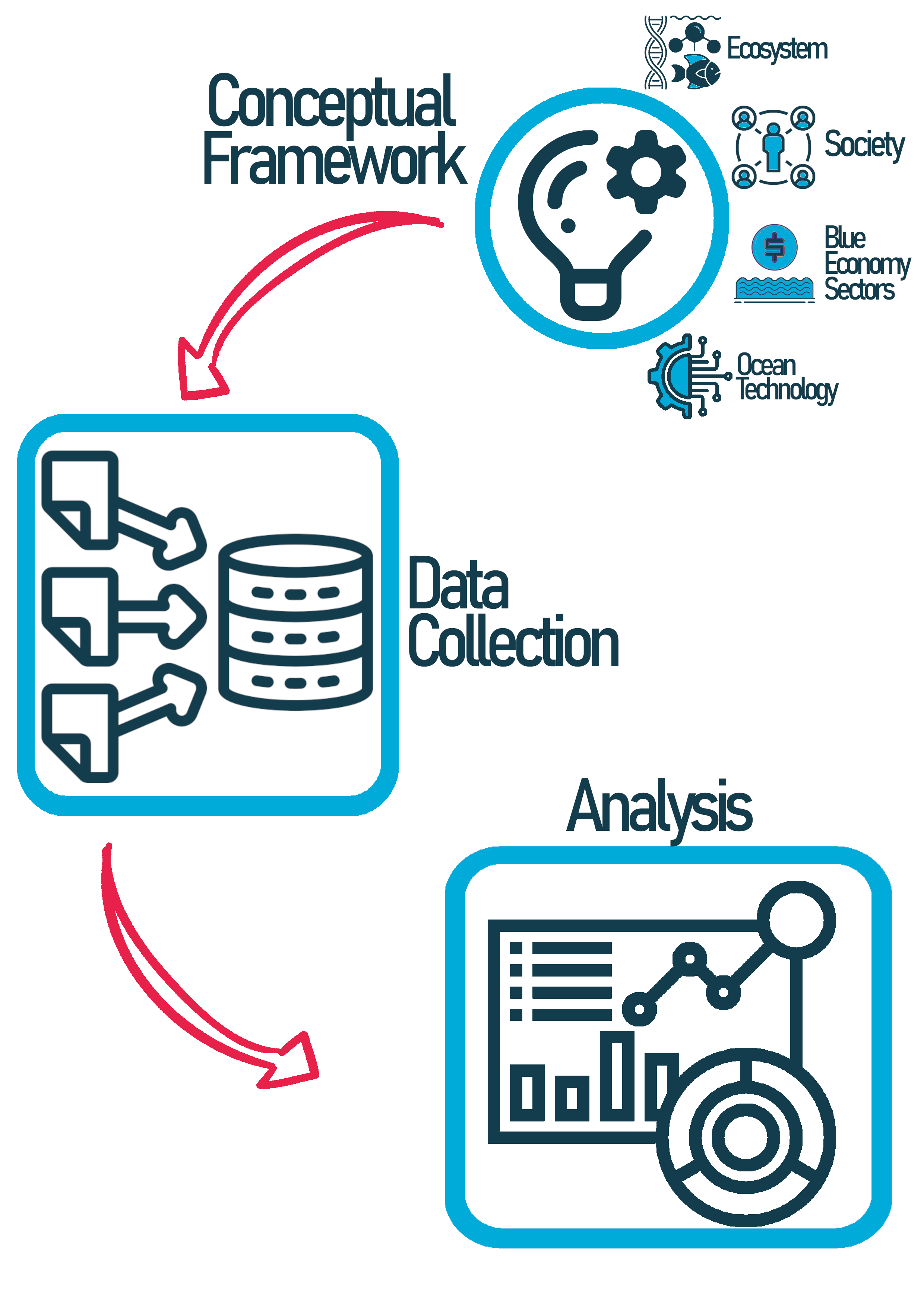
WP1-Conceptual Framework: Blue-Paths will develop a Socio-Ecological-Blue Economy-Ocean Technologies framework for the analysis of cost – benefits of high potential ocean technologies emerging from different Blue Economy sectors. The STF will use a Technological Innovation System (TIS) Approach to identify the technologies and their effect on the marine SES.
WP2-Dataset Collection: Blue-Paths will use a mixed method approach for the collection of data using a multi-sectorial stakeholder analysis to address technologies and their spatial pervasiveness coupled with the collection of a statistical and geospatial indicator pool from national, European and global data providers.
WP3-Analysis: Blue-Paths will apply state-of-the-art geospatial analysis techniques coupled to Machine Learning to understand the cumulative effects of new technologies on the marine SES, considering sustainable transition pathways theory (e.g. Geels et al. 2016). Final aim is to inform decision-makers, planners and the society at large on the trade-offs of new technologies can cause and inform the development of transition theory-based strategic environmental assessment (SEA) for ocean planning and more resilient marine resource use.
Blue Economy sectors and Ocean Technologies
The section below identifies the Blue Economy sectors and some of the related Ocean Technologies that will be analysed within the Blue-Paths Project. In particular the Ocean Energy, Ocean Clean-Up Systems and Green shipping are among key priorities in the European Blue Economy Conference 2023. Each of the OTs analysed will include an interactive and informative geospatial data Dashboard, that will ensure a prompt communication of the Project’s priority results to different stakeholder groups, enabling user to explore and understand potential distribution of OTs across the Spanish EEZ and their Socio-Ecological effects.
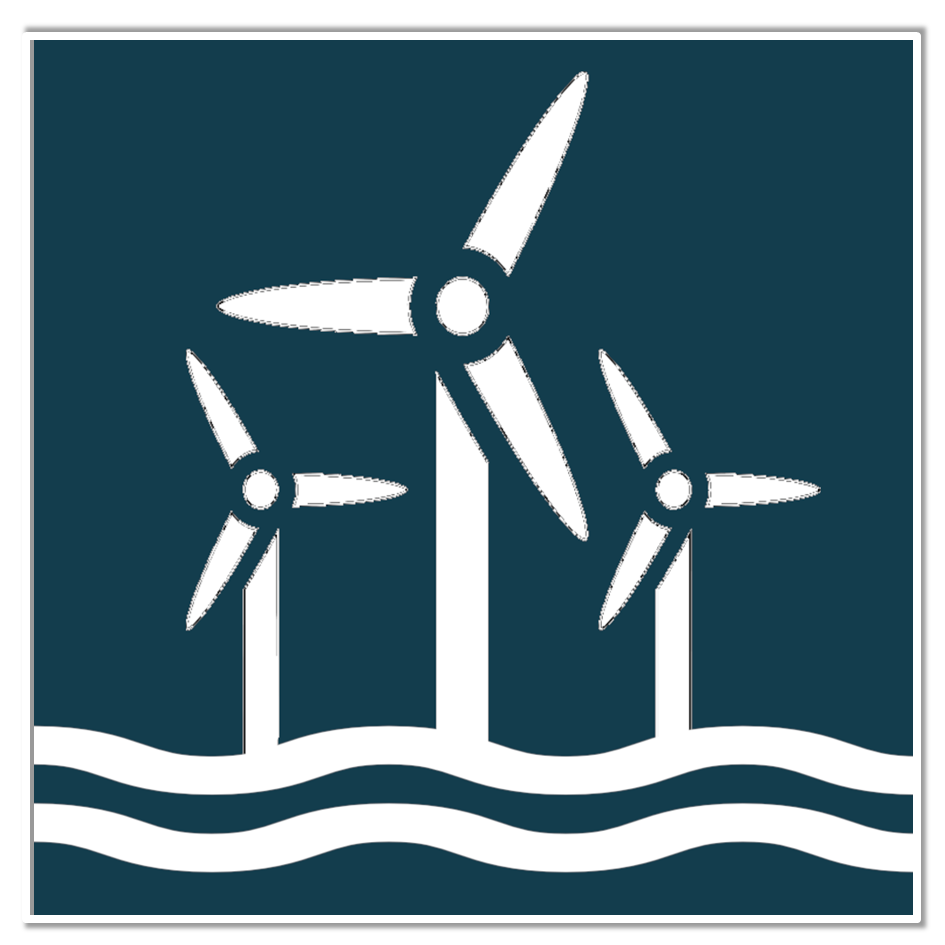
Offshore Wind Energy
Ocean renewable energies are the new frontier of industrial development at sea and project will analyse technological potential and address its socio-ecological cost and benefits.
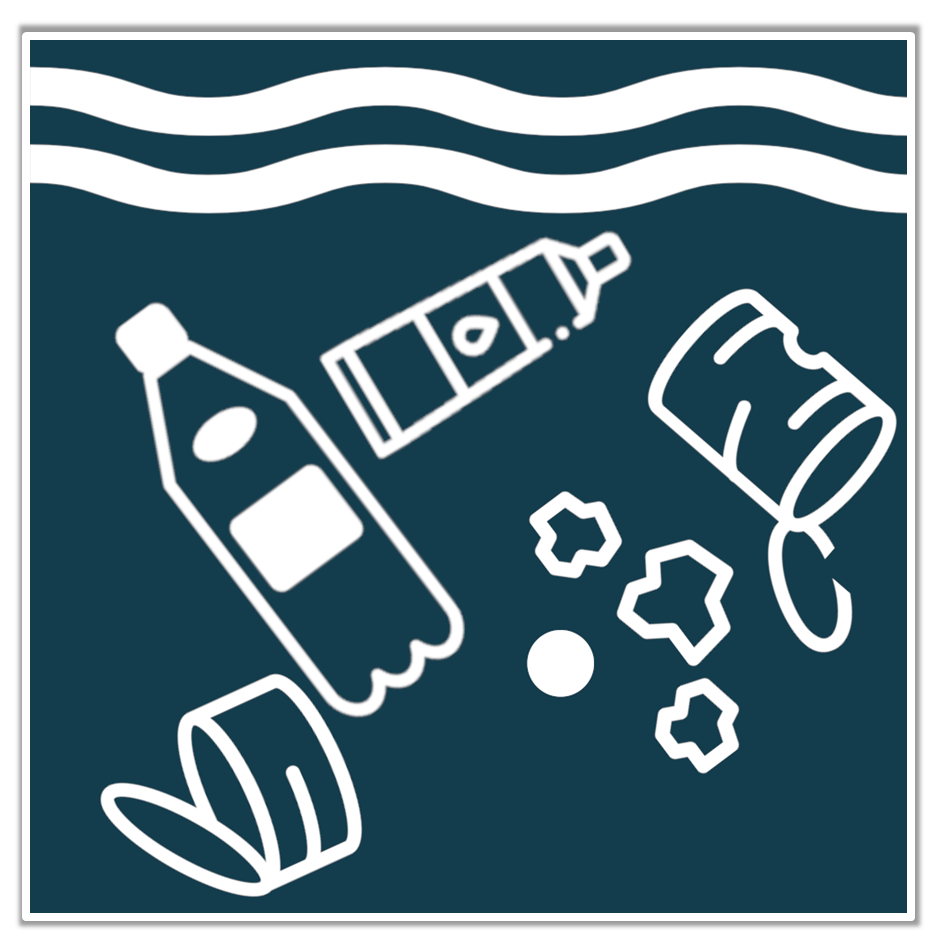
Ocean Clean Up Systems
Recent innovations enable the deployment of technologies to intercept and harvest marine litter to reduce the impact on marine ecosystems.
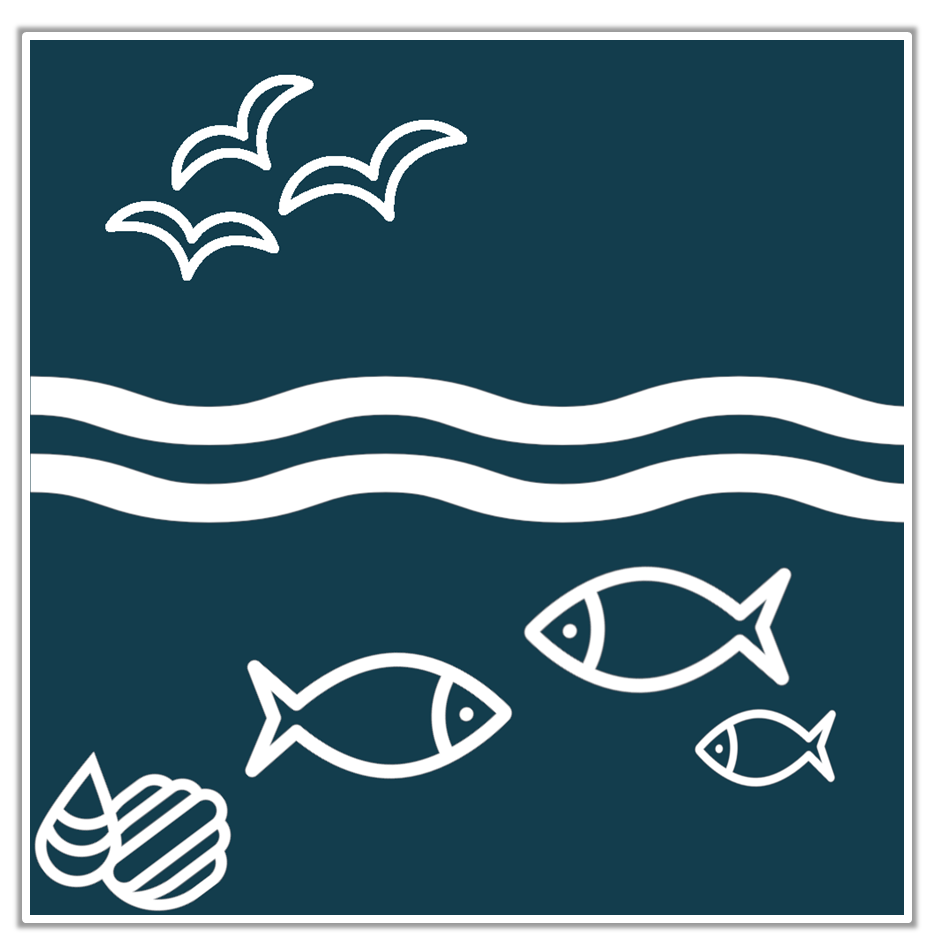
Marine Rewildering
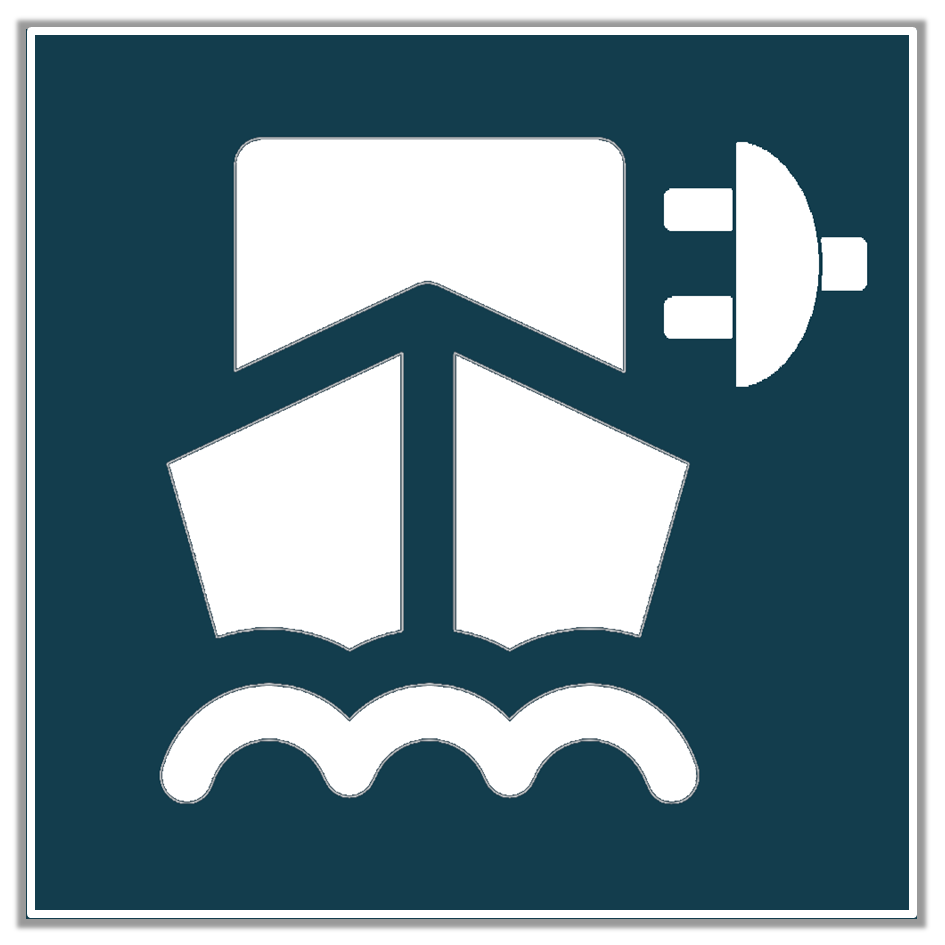
Vessel Electrification
Decarbonization of maritime tourism activities such as ferries is a fundamental step towards sustainable transition of the Blue Economy.
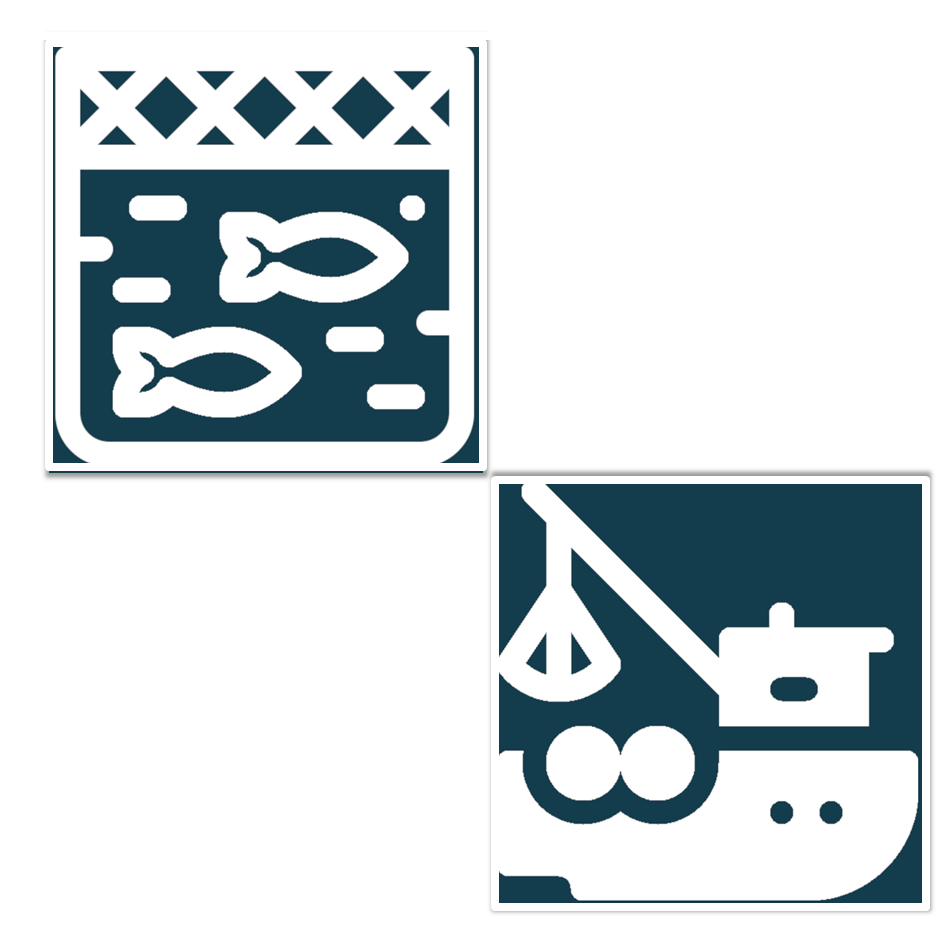
Aquaculture & Fishery

Other Ocean Technologies
Blue-Paths’ framework will enable flexibly address new ocean technologies and concepts (e.g. ocean multi-use, deep sea mining) and its socio-ecological effects.
